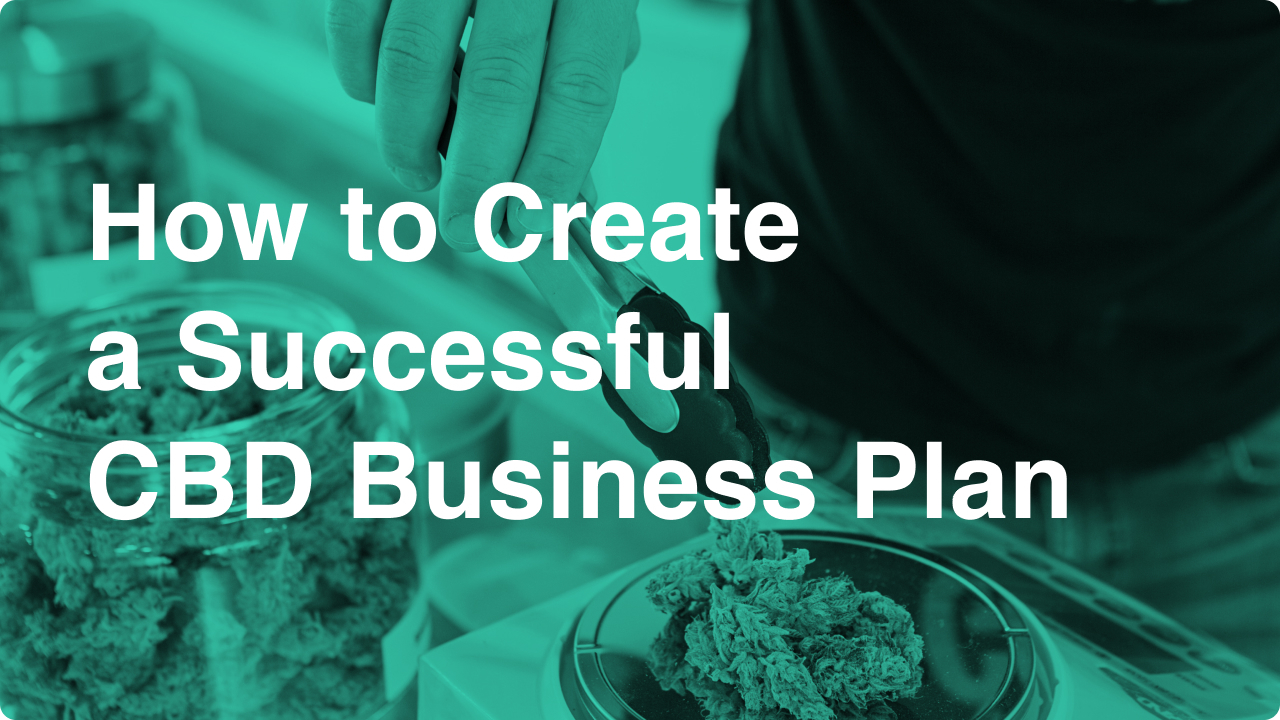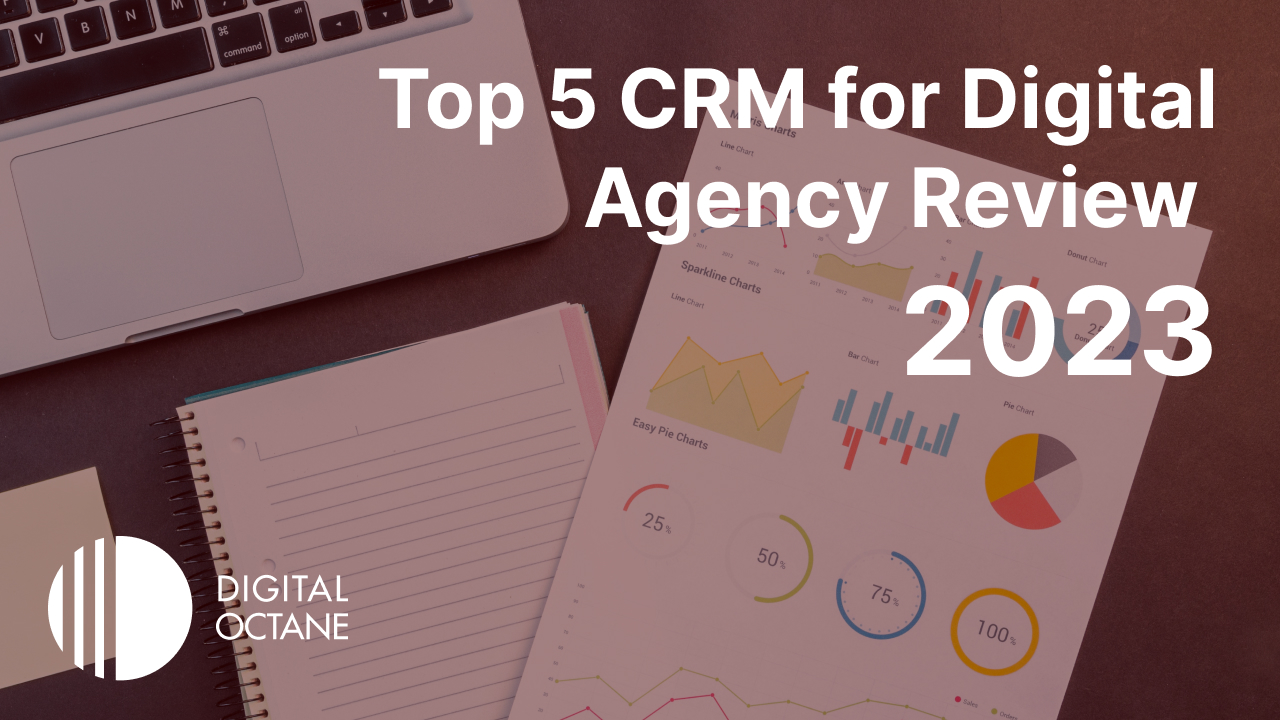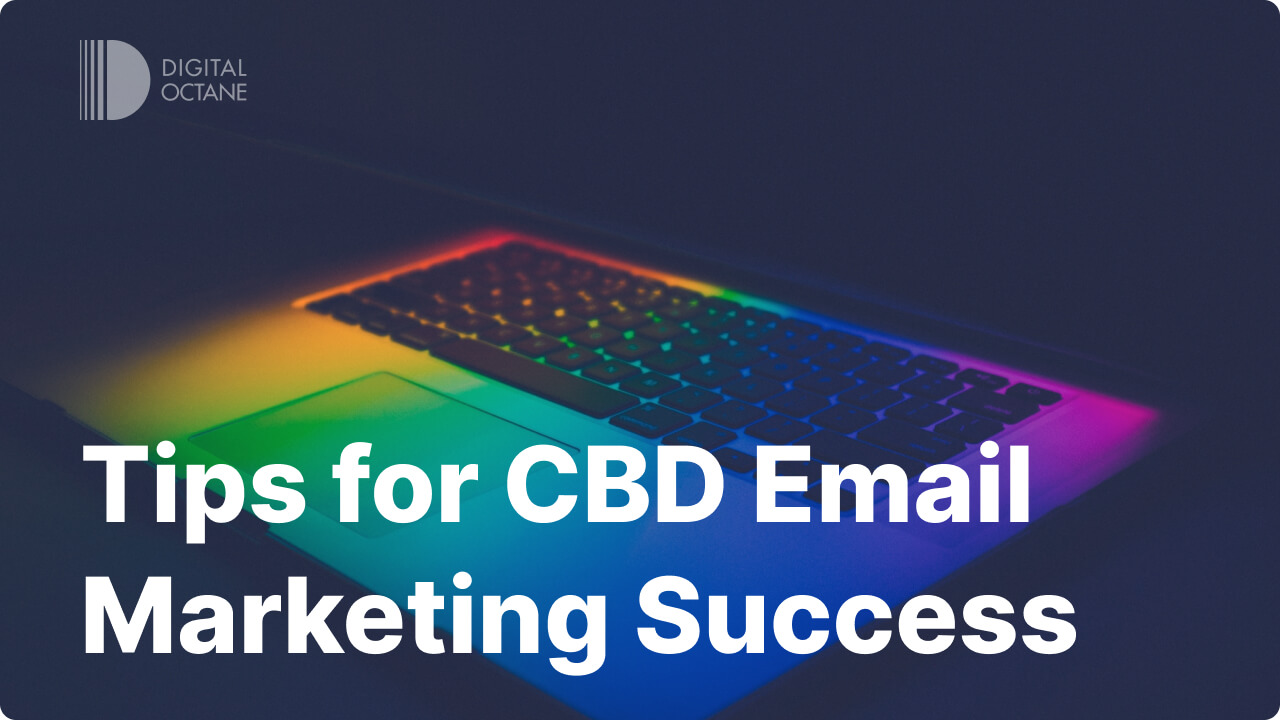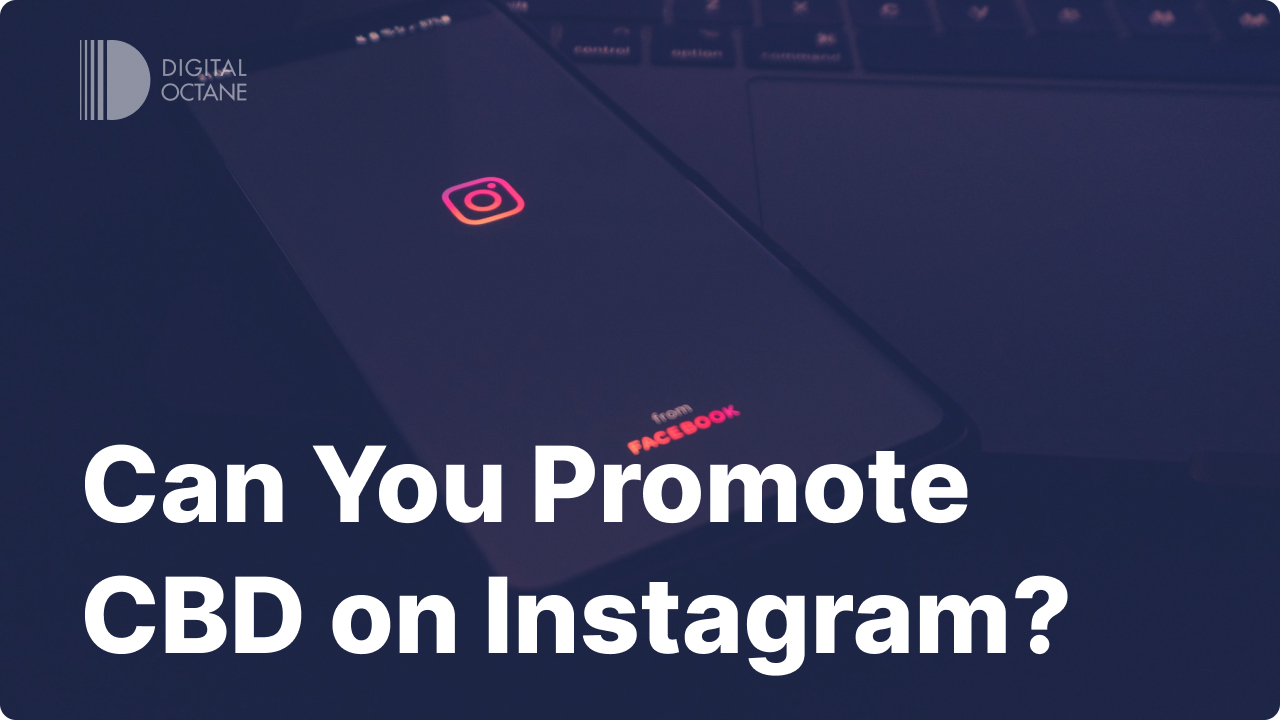
How to Create a Successful CBD Business Plan
If you fail to plan, you are planning to fail – those are not our words; they’re Benjamin Franklin’s. And they couldn’t be more spot on. One of the more critical aspects of creating a successful CBD business is creating a CBD business plan.
Although the CBD industry is still relatively green, the number of investors in this industry is rapidly rising, which spells even more competition. Therefore, one needs an edge to last. One needs a business plan. This article will walk you through how you can create one.
What Is a CBD Business Plan?
According to Investopedia, a business plan is a written document that describes in detail how a business, usually a startup, defines its objectives and how it is to go about achieving its goals. It lays out a written roadmap from marketing, financial, and operational standpoints. A CBD business plan is simply a business plan for CBD businesses – that simple!
Usually, these plans are created when starting a new business, but every business needs one. So, every CBD business should have one of these. This is most especially for startups, but it includes existing businesses too.
Why Do You Need a CBD Business Plan?
There are many reasons why your CBD business needs a business plan. We will outline some of them below.
Serve As a Roadmap
Okay, we have a cool illustration for this. Imagine you’re in a foreign country. You need to see someone for some business. Now, you don’t know this person, but you have their location. If you had a map or some sort of virtual assistant to guide you, getting to them will not be a problem. However, if you don’t have any map or assistant of the sort, it may be problematic to find the person. You may eventually get to see them, but not without so much stress and trouble.
This illustration applies to many small businesses and startups. The person you want to see is the desired target of the business and the map or virtual assistant is your business plan. If you have a business plan, getting to where you want your business to be will be easier as the plan serves as the roadmap for your business. It guides you on where to go and how to get there.
To attract investors
Perhaps the commonest purpose of a business plan nowadays is to attract investors into the business and source funds. When trying to bring a new investor on board with the idea of a business, what the investor typically asks for is the business plan of the startup. This makes sense, too, as the business plan usually contains all the information about the business the investors need. Therefore, as a small CBD business or a startup, having a CBD business plan is a great way of selling your business to investors.
Better decision-making
While attracting investors is the more popular reason people create business plans, the opportunity for better decision-making is arguably the most important function of a business plan.
If you’re new in the CBD industry, we have some spoilers for you. You will make lots of decisions. Lots of them! But the success of a business doesn’t hinge on the ability of the business owner to make tough decisions; no, everyone can do that. Rather, it hinges on the ability of the business owner to make the right decisions.
The CBD market changes fast. What is illegal in some states today might be legal tomorrow. Some things you can post on social media today may be disallowed tomorrow. All of these are just illustrations of how the CBD industry truly is. One cannot afford to make the wrong decisions, particularly with the increasing levels of competition. This is where a business plan comes into play.
Identifying Strengths, Weaknesses, Opportunities, and Threats
There’s something known as SWOT analysis in business. The business plan is a way of assessing your business’s strengths, weaknesses, available opportunities, and, of course, the threats to success. Knowledge of all of these factors is essential in assessing and overcoming competition in the industry.
To Set Better Objectives
There are situations where business owners actually achieve the objectives and goals they set for themselves, and the business still ends up crashing. Why? It may be because they set the wrong objectives and goals. It’s like a car going very fast in the wrong direction. A business plan contains all the useful information a business requires to succeed. As a business owner, having this in the palm of your hands means you can set better objectives to build a successful CBD business.
How to Create a Successful CBD Business Plan
Now that you understand just why you need a CBD business plan, we need to consider how to create one. We will be real with you – creating a business plan is not by any means a walk in the park. It’s not rocket science, of course, but it’s a very delicate process because of just how important the document is. In light of this, below are the steps to follow in creating a successful CBD business plan.
Understand Your Target Readers and Audience
Creating a business plan takes time and effort, but you first have to ensure you are channeling this time and effort properly. How do we mean? Your CBD business plan will be utterly useless if you created it for the wrong people. There are many aspects of the CBD industry. There are even CBD products just for dogs. You need to understand your target audience and readers before you create the business plan. For instance, a CBD business for dog CBD products writing a CBD business plan for human use will not serve its purpose.
Finding your target audience and readers is easy. Simply ask yourself, “who am I writing this for?” “who do I want to see this?” “who will be interested in this?” Finding the right answers to these questions is the first step in creating your plan.
After understanding who your audience will be, you should tailor the jargon and technical terms in your plan towards them.
Take Your Time
Yes, we get it; you want to hit the jackpot fast. But, maybe calm down. If there’s one stage of your business where you must not rush into decisions, it is in the planning stage. And this is where the business plan falls. So, take your time to draft and develop a business plan. It may take several weeks or even months, but proper planning is not negotiable.
There are even business plans that take years to iron out, with the owners seeking to get every little detail right. While this is important, know that you may not get every fine detail right. It is even tending towards impossible. But make sure you take your time and optimize everything you need to optimize. Work on the timetable that suits you best too.
Keep It Short
We see people coming up with 80-page business plans, and our first question is, “why?” But, seriously, why would you do that? No one is going to read that. One of the primary aims of the business plan is to attract investors, but how do you hope to accomplish that when you chase them away before they even read one word you have written?
Keep your business plan short. Don’t mistake short for low-quality, though. You shouldn’t omit essential details in the name of keeping it short. We are only asking for conciseness. Omit all the unnecessary details and segments in your main business plan. You don’t have to throw them all out. There’s a segment at the end of the business plan known as the Appendix. All extra information can go there for anyone interested.
You should also note that your business plan will be updated from time to time. Imagine how stressful updating an 80-page document will be.
You’re probably wondering how many pages is ideal for a CBD business plan; well, there’s no fixed number. Experts suggest 30-40 pages or 15-25 pages without text. There are actually experts that believe a business plan should not be measured in pages. That’s a story for another day, but whichever way, anything over 40 pages is excessive. 80 pages? That’s just mental!
Set Your Goals and Objectives
Outline the goals and objectives of your business and then incorporate them into your business plan. There are several important aspects of a business plan, some of which we will still highlight. The company goals and objectives are part of them.
List the goals of your business and add relevant objectives that give the steps of achieving these goals. Note that your objectives should be specific, measurable, achievable, realistic, and time-bound – the SMART approach. Don’t go setting unrealistic objectives. Not only are you setting yourself for disappointment, but you’re also pushing investors away. For example, imagine a CBD startup hoping to make one million dollars in its first month. Now, how do you convince investors you will achieve this legally? And even if they somehow buy your idea, what happens if, or more correctly, when you can’t meet up with this?
Dream big, but not stupid.
Write a Professional Plan
After you have put everything in place, it is time to actually write your business plan. It has to be professional. Let’s start from here. You don’t know where your business plan will reach, so you have to ensure you write them in a professional manner. If you feel the writing of the plan may be too much of a bother for you, get professionals to write it for you. That’s fine too.
You should keep both the print and softcopy on you at all times. It’s not a good look for you if you meet an investor and they ask for your business plan, and you cannot provide it readily.
Components of a CBD Business Plan
There are many components of a business plan. In fact, two business plan templates may be wildly different in the components they contain. However, there are some of the key components that have to be present in any business plan, and we have listed them below.
- Executive Summary: This is the first part of the business plan. It should summarize the whole business plan. It should be around 1-2 pages.
- Business Description: As the name suggests, this segment describes your business and what you seek to achieve.
- Market Analysis: This is an overview of the market and CBD industry.
- Competitive Analysis: In this segment, you analyze the competition in the industry, both direct and indirect. The aim is to find ways and areas where you can get an edge over competitors.
- Organization and Management Setup: This highlights how you want your business to be set up and also the ownership structure.
- Products and Services: This section answers the question, “what do we offer?”
- Marketing Plan: How do you intend to market your goods and services? You will want to highlight them in this section.
- Financial Projections: The finances that will start and sustain the business, especially in its infancy, should be outlined here.
- Appendix: This segment usually contains the extra details and information that you have left out of your main business plan. Many argue that this is not a key component, but it may be very important for businesses with lots of information to pass to readers.
Conclusion
A CBD business plan is an essential part of a CBD business. It serves as a roadmap, guiding owners on the right way to leading the business and attracting investors. This should fall in the planning stage of the business, so don’t rush it. Take your time and be meticulous about it. However, taking your time doesn’t correlate to sending out 100-page business plans. Keep it short and concise. Good luck.
If you need extra professional help with creating your business plan, you have us at Digital Octane to help out! Our team of experts is always willing and ready to help CBD businesses grow and develop to realize their maximum potential, and it all starts with a business plan.
You may also like

Top 5 CRM for Digital Agency Review 2023
When it comes to selecting the best CRM system for a digital agency, there are several options available in the market. However, the ideal CRM system should offer a comprehensive set of features that align with the agency’s specific requirements. Besides, the system should be cost-effective for the company. In our review, we tested top…

Tips for CBD Email Marketing Success
Introduction Perhaps it is safe to say that an excellent way to market a product is by sensitizing consumers about it. Email remains a crucial marketing strategy that helps advertise goods and services while retaining customer satisfaction. More specifically, email marketing keeps customers informed about new products, deals, and other services. CBD marketing is one…

Can You Promote CBD on Instagram?
Introduction For a long time, CBD companies have faced several challenges in advertising and distributing their products due to constraints from regulatory authorities. This further complicated social media’s stance toward advertising CBD products. However, the increasing favorable regulations guiding cannabis-derived products and the growing awareness of their health benefits in most regions have immensely contributed…

